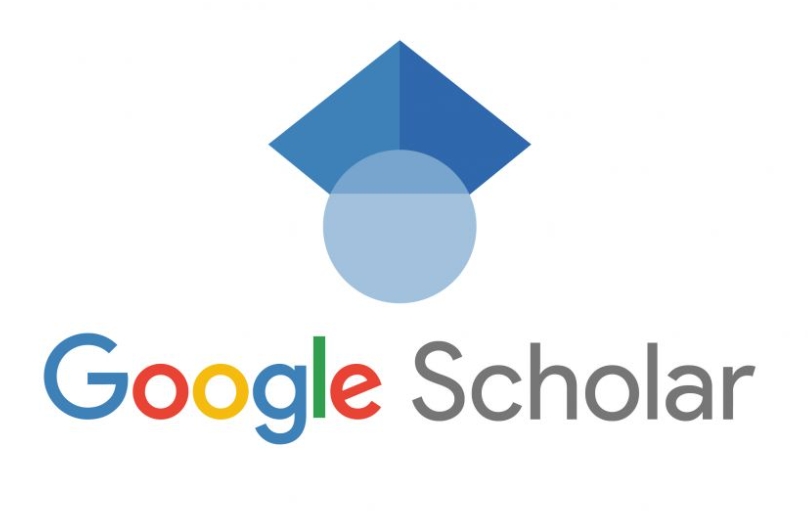
The Academic Data Extraction Frontier: Understanding Google Scholar‘s Complex Landscape
In the intricate world of academic research, data represents the lifeblood of innovation and discovery. Google Scholar stands as a monumental repository of scholarly knowledge, offering researchers unprecedented access to millions of academic publications. However, extracting this wealth of information requires sophisticated web scraping techniques that blend technical expertise, ethical considerations, and strategic approaches.
Modern researchers face a critical challenge: how to systematically extract, analyze, and leverage the vast academic resources embedded within Google Scholar‘s complex ecosystem. Web scraping emerges as a powerful solution, transforming passive information consumption into active knowledge extraction.
The Technological Evolution of Academic Data Extraction
The journey of web scraping Google Scholar is not merely a technical endeavor but a nuanced exploration of digital research methodologies. As academic databases become increasingly sophisticated, researchers must develop equally advanced extraction techniques that respect technological boundaries while unlocking unprecedented research potential.
Understanding the Technical Complexity of Google Scholar
Google Scholar represents a sophisticated digital platform designed to aggregate and organize academic research across multiple disciplines. Its intricate architecture presents unique challenges for web scraping professionals, requiring a multifaceted approach that combines programming prowess, network understanding, and strategic implementation.
The Technical Anatomy of Google Scholar
At its core, Google Scholar employs multiple defensive mechanisms to prevent automated data extraction:
Dynamic content loading represents the first significant challenge. Unlike static websites, Google Scholar generates search results dynamically, requiring advanced scraping techniques that can interact with JavaScript-rendered content. Traditional HTML parsing methods become ineffective, necessitating more sophisticated extraction strategies.
Network-level protection mechanisms further complicate the scraping process. Google implements intelligent request monitoring, detecting and blocking potential bot activities through sophisticated algorithms that analyze request patterns, IP addresses, and user behavior.
Legal and Ethical Considerations in Academic Data Extraction
Navigating the legal landscape of web scraping demands meticulous attention to ethical guidelines and institutional regulations. Researchers must develop a comprehensive understanding of:
Institutional and Legal Frameworks
Copyright Restrictions
Academic publications often carry complex copyright protections. Web scraping must respect these legal boundaries, ensuring that data extraction does not violate intellectual property rights or publication agreements.Research Ethics
Responsible data extraction requires transparent methodologies that prioritize academic integrity. Researchers must clearly document their extraction processes, provide proper attribution, and use collected data exclusively for legitimate research purposes.Institutional Guidelines
Universities and research institutions maintain specific protocols regarding data collection and usage. Web scraping strategies must align with these guidelines, demonstrating a commitment to ethical research practices.
Advanced Technical Implementation Strategies
Python-Powered Extraction: A Comprehensive Approach
Python emerges as the premier language for sophisticated Google Scholar web scraping, offering unparalleled flexibility and powerful libraries designed for complex data extraction.
import scholarly
import pandas as pd
from typing import List, Dict
class GoogleScholarScraper:
def __init__(self, query: str):
self.query = query
self.publications: List[Dict] = []
def extract_publications(self, limit: int = 100):
"""
Advanced publication extraction method
\[Parameters\]:
- query: Research search terms
- limit: Maximum number of publications
\[Returns\]:
- Structured academic publication dataset
"""
try:
search_query = scholarly.search_pubs(self.query)
for publication in search_query:
if len(self.publications) >= limit:
break
publication_data = {
‘title‘: publication.get(‘bib‘, {}).get(‘title‘, ‘Untitled‘),
‘authors‘: publication.get(‘bib‘, {}).get(‘author‘, []),
‘year‘: publication.get(‘bib‘, {}).get(‘pub_year‘, ‘N/A‘),
‘citations‘: publication.get(‘num_citations‘, 0),
‘url‘: publication.get(‘pub_url‘, ‘‘)
}
self.publications.append(publication_data)
return pd.DataFrame(self.publications)
except Exception as extraction_error:
print(f"Extraction Error: {extraction_error}")
return pd.DataFrame()Emerging Technological Trends in Academic Data Extraction
The landscape of web scraping continues to evolve, driven by technological advancements and changing research methodologies. Machine learning and artificial intelligence are progressively transforming data extraction techniques, enabling more intelligent, adaptive scraping strategies.
Future-Oriented Extraction Technologies
Researchers can anticipate several groundbreaking developments:
- Enhanced natural language processing algorithms
- More sophisticated bot detection evasion techniques
- Intelligent request routing and IP management
- Advanced data validation and cleaning mechanisms
Practical Implementation: Case Studies and Real-World Scenarios
Research Project: Climate Change Publication Analysis
In a recent academic project, researchers utilized advanced web scraping techniques to analyze climate change publications across a decade. By extracting comprehensive publication data from Google Scholar, the team developed nuanced insights into research trends, citation patterns, and interdisciplinary collaboration.
The project demonstrated the immense potential of intelligent data extraction, transforming millions of academic publications into actionable research intelligence.
Conclusion: Empowering Academic Discovery Through Intelligent Data Extraction
Web scraping Google Scholar represents more than a technical skill—it‘s a gateway to unprecedented academic insights. By mastering sophisticated extraction techniques, researchers can transcend traditional information consumption, actively engaging with the global academic knowledge ecosystem.
Key Recommendations for Aspiring Researchers
- Develop a comprehensive understanding of legal and ethical considerations
- Invest in continuous technological skill development
- Prioritize responsible and transparent data extraction methodologies
- Remain adaptable to emerging technological trends
- Collaborate across disciplinary boundaries
The future of academic research lies not just in collecting information, but in transforming raw data into meaningful, actionable knowledge.










